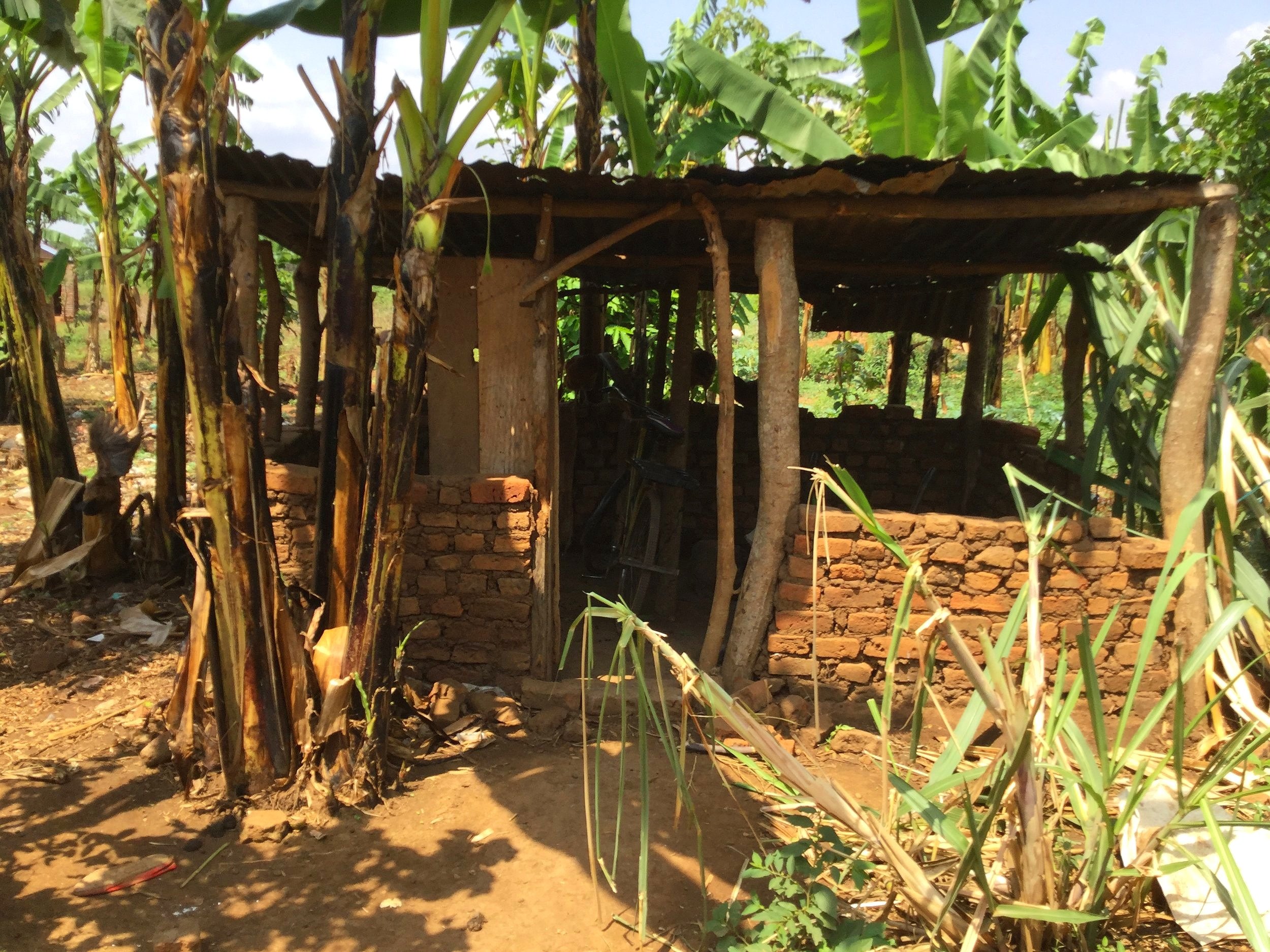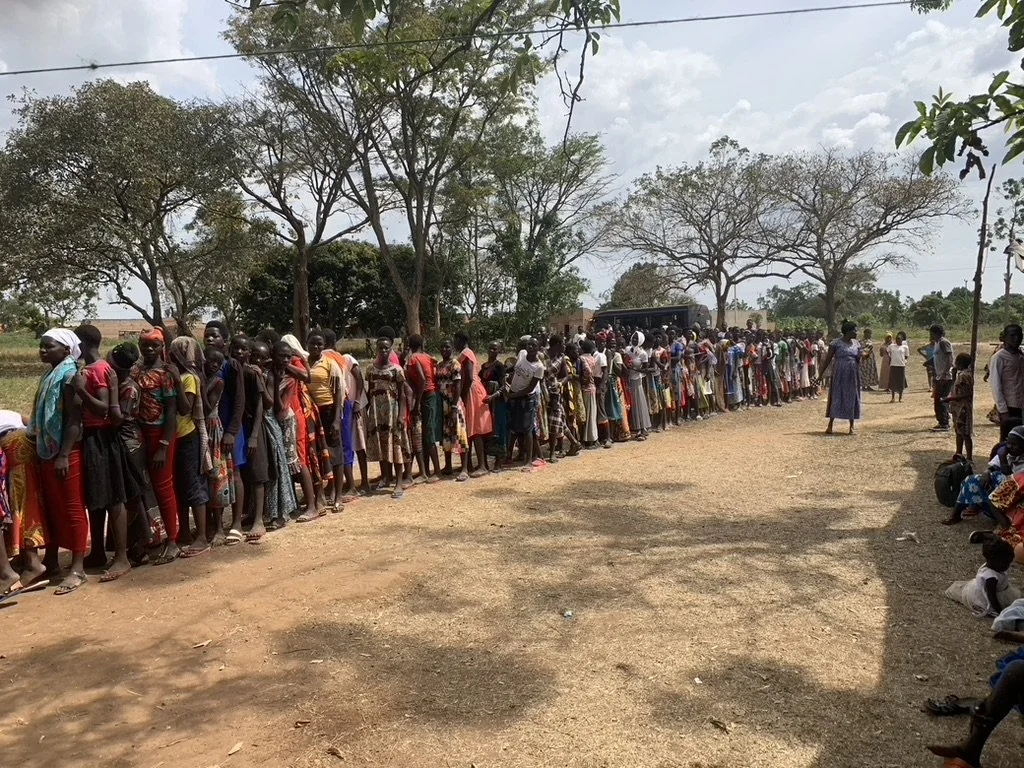
Empowerment
Empowered people are strong and confident. They can create their own path to a happier and healthier future.
In collaboration with local healthcare workers and the community, we provide education and increase awareness of what is possible.
We are but a brief presence in the lives of the people we serve. It is essential that we intervene in a sustainable manner to help them help themselves whenever possible.
Girl’s Hygiene Classes
Adolescent girls learning about feminine hygiene. They received kits with reusable sanitary pads, soap, and other useful items.
In Uganda, disposable sanitary napkins either are not available or are expensive.
When girls have their period, they may have to miss school.
They often miss a lot of school and drop out.
Once this happens, they are likely to marry and begin having children, thus beginning a cycle of poverty.
We distribute kits with reusable feminine hygiene products purchased most from AFRIpads, a local Ugandan manufacturer.
Young female team members teach classes to girls who have reached puberty about:
Feminine hygiene
How to use the reusable, washable feminine hygiene products
Preventing pregnancy
Preventing sexually transmitted infections
We distribute over 300-400 kits every trip.
Our goal is to encourage girls to stay in school.
Girls lining up for feminine hygiene class and to receive reusable feminine hygiene pads (AFRIpads) and underwear.
Community members come together to teach girls to make their own reusable feminine hygiene pads.
A girl learning how to sew her own pads.
Evelyn Nakimuli teaching girls how to make their own pads.
Basic Emergency Care Course
Formal education in emergency care is lacking in most low- or middle-income countries.
There is no organized emergency medical service in most of these countries.
In 2019, 2020, and 2023, we taught the World Health Organization’s Basic Emergency Care course at Clarke International University in Kampala.
This course was developed for healthcare workers at all levels who practice in low- or middle-resource environments.
It is a 4-5 day course with a workbook, lectures, and skill stations.
Local healthcare workers are encouraged and supported to teach the content to their colleagues.
Domestic Violence Education
There is increased awareness about DV in Uganda and initiatives to help stop the cycle of violence.
Domestic violence (DV) is discussed in classes for men and women.
The classes helps dispel myths about DV, such as, a man has paid a dowry for his wife and therefore believes he has a right to do whatever he wants to her.
Male team members help facilitate daily classes with men of all ages and DV is also discussed in the JaJa classes.
Local community leaders often facilitate these classes.




